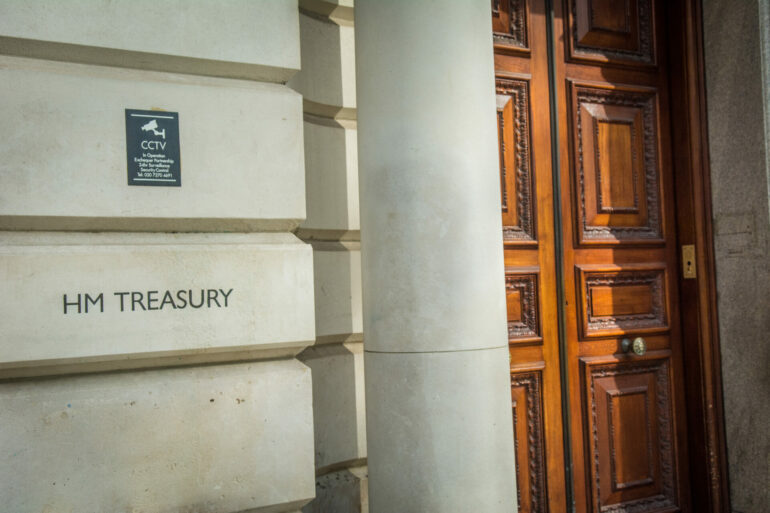Independent analysis commissioned by the National Residential Landlords Association (NRLA) reveals that tax changes in the private rented sector have led to a £1.5bn loss in Treasury revenue.
The analysis, conducted by Capital Economics, found that restrictions in mortgage interest relief have contributed to a shortfall of 1.2 million properties in the UK’s private rented sector.
The research emerges as renters nationwide continue to face a housing shortage. According to Zoopla, demand for rented housing has increased by 46%, while supply has decreased by 38% compared to the five-year average.
This supply crisis follows the 2015 decision by then-Chancellor George Osborne to restrict Mortgage Interest Relief in the private rented sector to the basic rate of income tax.
Capital Economics’ data shows that between 2010 and 2016, the stock of private rented housing grew at an annual rate of 3.7%. However, between 2017 and 2021, when mortgage interest changes were implemented, the growth rate dropped to just 0.4% per year.
If the private rented housing stock had continued to grow at 3.7%, there would have been approximately 6.8 million properties in the sector in 2021—1.2 million more than the actual number available to rent.
The research suggests that the income and corporation tax revenue from these additional rented properties would have increased Treasury revenue by £1.5bn.
The NRLA calls for the government to undertake a comprehensive review of the impact of recent tax increases on the sector, assessing the Mortgage Interest Relief changes and their rationale, as the Institute for Fiscal Studies has previously argued that landlords have not been taxed more favorably than homeowners.
Ben Beadle, chief executive of the National Residential Landlords Association, said: “At a time when renters are struggling to find a place to live, today’s research shows that the Government has shot itself in the foot.
“The decision to restrict mortgage interest relief has not only stifled investment in the very homes tenants need, but it has also come at a considerable cost to the Treasury in lost revenue. When you consider that the Government’s rationale for the changes has been refuted by the Institute for Fiscal Studies, it is clear that the Chancellor needs to review this misguided tax hike.”



